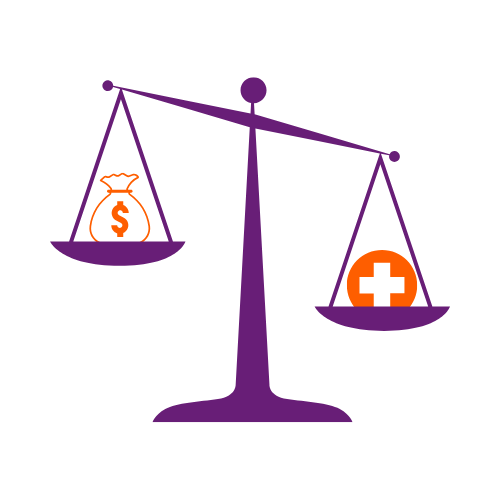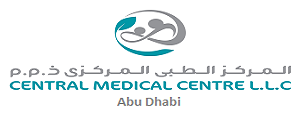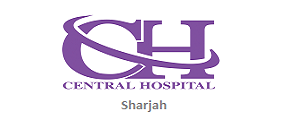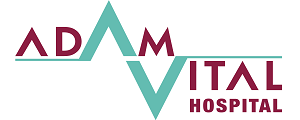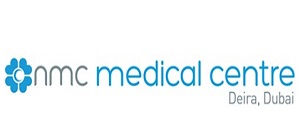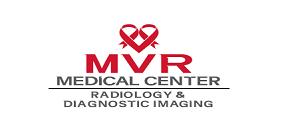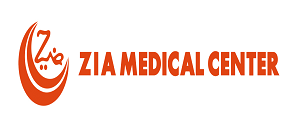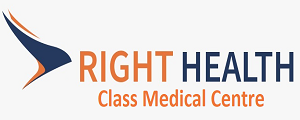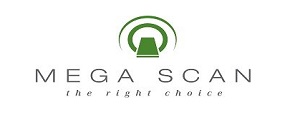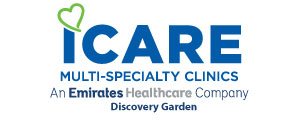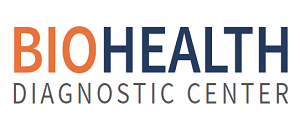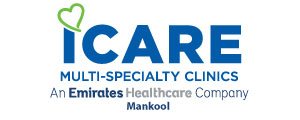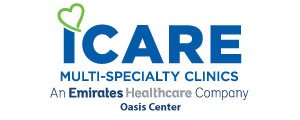
Test Code -HS22
No. of Tests -35
Prioritize your heart health with the Brave Heart Package, offering comprehensive tests to assess cardiac risks and ensure early detection of potential heart issues.The Brave Heart Package is designed to provide a detailed overview of your heart health, enabling you to take proactive steps towards maintaining a strong and healthy heart. It includes essential tests such as cardiac risk markers, lipid profile, and hemogram, alongside vital diagnostics like ECG, stress ECG, or 2D ECHO to evaluate your heart's function. By focusing on markers like Homocysteine, Lipoprotein (Lp), Apolipoproteins, and HsCRP, the package offers a deeper understanding of your cardiovascular risk. With this comprehensive screening, you can catch potential heart issues early and take the necessary steps to prevent heart disease.
Check what is includedDescription
When we talk about a heart disease, we normally tend to relate it to a high cholesterol level. But what exactly is this Cholesterol? And how does it affect our body?
Cholesterol is a fat-like substance that occurs naturally in the human body. Many people think of cholesterol as being harmful, but actually it is essential for most of our body functions. It helps our body to build new cells, to insulate the nerves, and also to produce certain hormones.
When we relate cholesterol to heart health, we actually aren't talking about cholesterol itself. It usually refers to the structures that carry cholesterol in our bloodstream. These are called lipoproteins.
Lipoproteins are particles that carry cholesterol around the body. There are several kinds of lipoproteins, but the most relevant to heart health are low-density lipoprotein (LDL), high-density lipoprotein (HDL) and Lipoprotein(a), also known as Lp(a), which consists of LDL cholesterol bound to the protein apolipoprotein(a).
LDL is responsible for carrying cholesterol particles throughout our body. It is often referred to as "bad" cholesterol because it has been linked with atherosclerosis, or the buildup of plaque in the arteries. Having a lot of cholesterol carried by LDL lipoproteins is associated with an increased risk of heart disease. In fact, the higher the level, the greater the risk.
On the other hand, HDL picks up excess cholesterol throughout our body and brings it back to our liver, where it can be made usable by the body or get excreted. It is often referred to as "good" cholesterol because having cholesterol carried by HDL particles is associated with a decreased risk of heart disease.
So, we understand that, a high level of LDL lipoproteins is associated with a greater risk of heart disease, whereas higher levels of HDL lipoproteins lower your risk. Since, a High cholesterol level itself does not show any symptoms, many people might be unaware that their cholesterol levels are too high. Therefore, it is important to do a preventive screening and keep a check on our heart’s health.
Our body tightly regulates the amount of cholesterol in the blood by controlling its production of cholesterol. Normally, the liver makes all the cholesterol the body needs, but it also absorbs a relatively small amount of cholesterol from certain foods, milk, eggs, sardines, fish and meat. It was always believed in the past, that high-cholesterol foods cause heart disease. But that’s not how it works.
When our dietary intake of cholesterol goes down, our body makes more cholesterol, while when we eat larger amounts of cholesterol rich foods, our body makes less of it.
Too much cholesterol in our body is a risk factor for heart disease. When there is too much cholesterol in our blood, it builds up in the walls of our arteries, leading to atherosclerosis, a form of heart disease, in which the arteries become narrowed and the blood flow to the heart muscle gets partially blocked. Due to this, the blood supply to a portion of the heart may get completely cut off and result in a heart attack.
Another protein compound that has been associated heart diseases is the presence of excessive amounts of Homocysteine. Like Lipoproteins, elevated homocysteine levels in the body, also do not show any symptoms. However, elevated homocysteine levels have been associated with many health risks.
· It increases the risk of atherosclerosis, thus leading to heart attack.
· higher homocysteine levels are also known to cause narrowing of the carotid artery, that supplies blood to the brain. This can cause stroke.
· In pregnancy, homocysteine levels tend to decrease. However, elevated homocysteine levels may be associated with some fetal abnormalities and with potential blood vessel problems in the placenta, causing abruption.
· It increases the risk of deep vein thrombosis (DVT) and pulmonary embolism.
It is advisable to do a regular heart health check up and keep a track of the factors that can affect it.
Test Detail
**Cardiac Risk Markers
- Homocysteine
- Lipoprotein (Lpa)
- Apolipoprotein A1(APO-A1)
- Apolipoprotein B (APO-B)
- Apolipoprotein B/A1 ratio (APO B/APO A1)
- HsCRP
**Lipid Profile
- Total Cholesterol
- HDL Cholesterol
- LDL Cholesterol
- VLDL Cholesterol
- Triglycerides
- CHOL / HDL Ratio
- Non-HDL Cholesterol
*Hemogram (20 tests)
*ECG (Electrocardiogram)
*Stress ECG ( TreadMill Test ) or 2D ECHO ( Any One)
You May Also like
Why choose us

Speed
On-time reporting with the best TAT in the industry.
Quality
Accredited centers: DHA, MOH, HAAD, CAP, ISO, JCI.
Accessibility
Extensive partner network & convenient home collection.
Satisfaction
35,000+ Satisfied Customers & 12+ Years of Trusted Service.